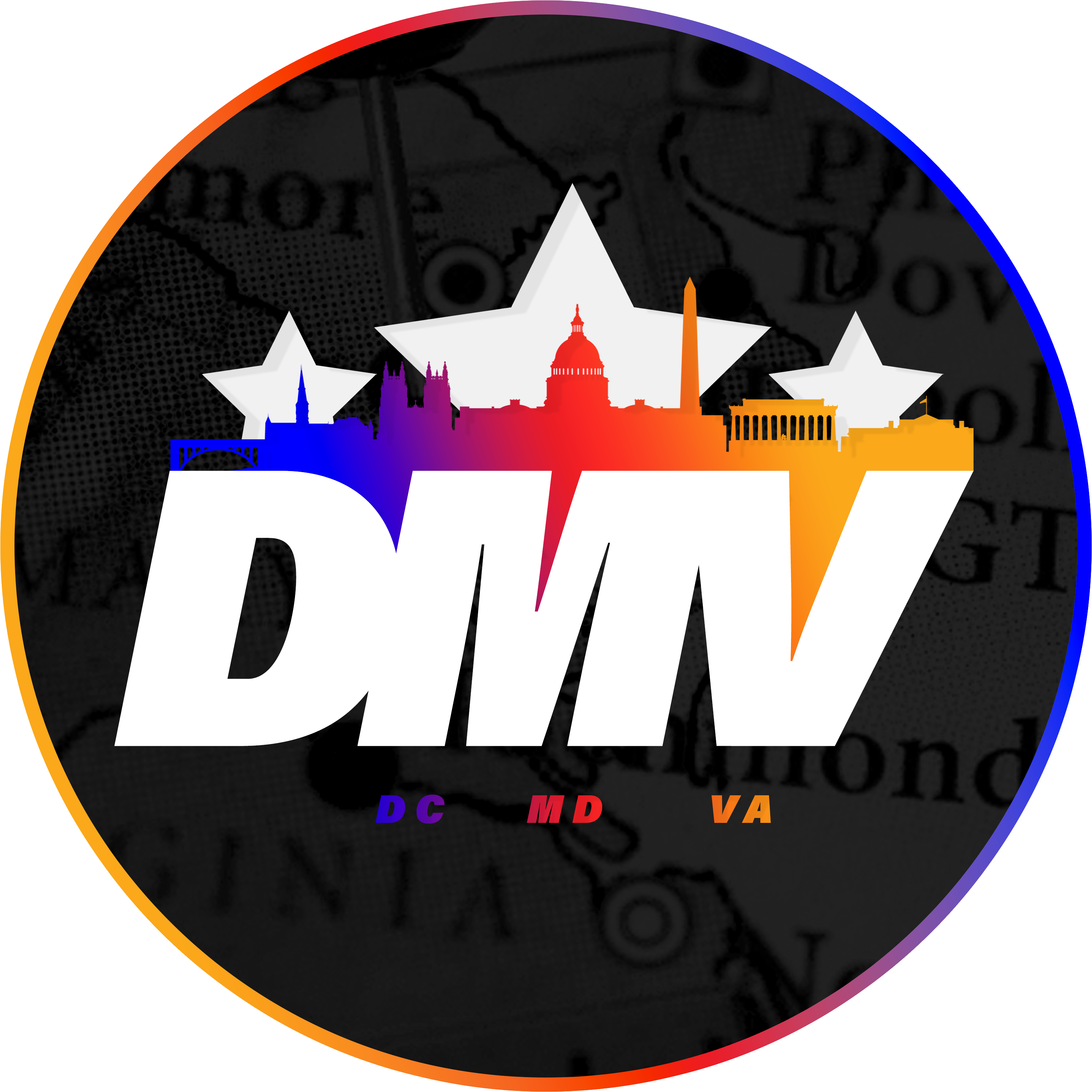
Trump’s Claim About DC Homeless Raises Some Eyebrows
Washington, D.C., officials are pushing back against an unsubstantiated claim by President Donald Trump that he orchestrated a purge of homeless people in the city to shield visiting foreign dignitaries
Washington, D.C., officials are pushing back against an unsubstantiated claim by President Donald Trump that he orchestrated a purge of homeless people in the city to shield visiting foreign dignitaries from having to see them.
The claim, in a Fox News interview that aired Monday, was among a series of assertions leveled by Trump in recent days as he has seized on the homeless epidemic. He has also claimed, wrongly, that homelessness is a novel issue and suggested, without evidence, that local and state officials have deliberately exacerbated the problem for political gain.
“It’s a phenomena that started two years ago. It’s disgraceful,” Trump claimed in the interview with Fox News host Tucker Carlson. He blamed mayors and governors, and threatened intervention, saying: “We’re looking at it very seriously. We may intercede.” Trump then suggested he had done something to end homelessness in Washington, even though thousands still sleep on the streets of the nation’s capital and in its shelters.
“You know, I had a situation when I first became President, we had certain areas of Washington, D.C., where that was starting to happen, and I ended it very quickly,” said Trump. “I said, ‘You can’t do that.’ When we have leaders of the world coming in to see the president of the United States and they’re riding down a highway, they can’t be looking at that.”
The claim left D.C. officials baffled.
“I have no idea what the president’s talking about,” said City Council-member Brianne Nadeau, who chairs the council’s human services committee. “It sounds like he’s talking about some kind of removal of homeless people rather than providing services, which is what we do.”
A survey released in May found about 6,500 homeless people in Washington — down from 8,350 in 2016. But there is no evidence that Trump had anything to do with that decline, according to city officials. Experts say high housing costs are the main cause of homelessness. They say that accounts for the recent increase in people living on the streets up and down the West Coast, where a strong economy has pushed up rents. Nationally, there are about 550,000 homeless people, according to one-night snapshots conducted in 2016, 2017 and 2018.
Trump’s comments came in response to Carlson’s complaint that cities in Japan were cleaner than those back home. “There’s no graffiti. No one going to bathroom on the street. You don’t see junkies,” he said, complaining that some U.S. cities including New York, San Francisco and Los Angeles have got “major problems” with “filth.”
“We cannot ruin our cities,” Trump responded, blaming the problem on what he referred to as the “liberal establishment.” “The thing that nobody can figure out is do these governors or mayors, do they really think this is a positive? Do they really think this is okay? Because it’s not. It’s destroying their city. And it’s destroying a whole way of life. … It’s not what our country is all about.”
Trump also raised the issue — though not by name — during a press conference in Japan shortly after taping the interview, responding to a question about Russian President Vladimir Putin’s comment that Western-style liberalism is obsolete. Trump complained about cities like San Francisco and Los Angeles, saying, “I’m very embarrassed by what I see in some of our cities, where the politicians are either afraid to do something about it, or they think it’s votes.”
In Los Angeles, Mayor Eric Garcetti said the growing homeless crisis there and across the nation “is not his fault, nor is it my fault, it is something that has been decades in the making.” He issued a public invitation to Trump to walk the city’s streets with him to see the suffering and desperation firsthand. In D.C., however, city officials scoffed at Trump’s portrayal of the homeless population, and said they would gladly welcome additional federal resources to help provide housing and other services to those in need.
It’s “incredibly offensive,” Nadeau said of Trump’s language. “It’s interesting to me that a leader who lives in our nation’s capital and is the highest official in the land could be so cavalier about people living in the streets right outside his doorstep.” Laura Zeilinger, director of the D.C. Department of Human Services and former executive director of the U.S. Interagency Council on Homelessness under former President Barack Obama, said Trump “has had no direct influence or involvement in the District’s work to end homelessness.” She said his budget “has only proposed decreases in federal funding for affordable housing.”
“The District welcomes the Administration’s support and additional resources to make homelessness in our city and in our nation rare, brief and non-recurring,” she said in a statement. The White House did not respond to repeated questions about what specifically Trump was referencing in his claim about the District. Instead, they pointed to the decline in the city’s homeless rate, which began before Trump took office, and his 2020 budget request for nearly $2.6 billion to support local homeless housing and service programs — a $215 million increase from 2019, despite broader efforts to reduced public housing assistance.
“Like many Americans, the President has taken notice of the homelessness crisis, particularly in cities and states where the liberal policies of overregulation, excessive taxation, and poor public service delivery are combining to dramatically increase poverty and public health risks,” said spokesman Judd Deere. He noted that Trump last week signed an executive order to explore efforts to remove regulatory barriers to affordable housing and said Trump had “directed his team to go further and develop a range of policy options for consideration to deal with this tragedy.”
__
Associated Press writer Geoff Mulvihill contributed to this report from Cherry Hill, New Jersey.

